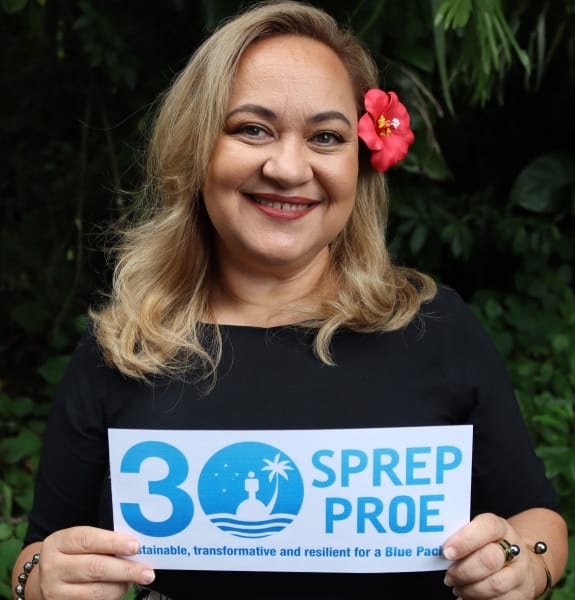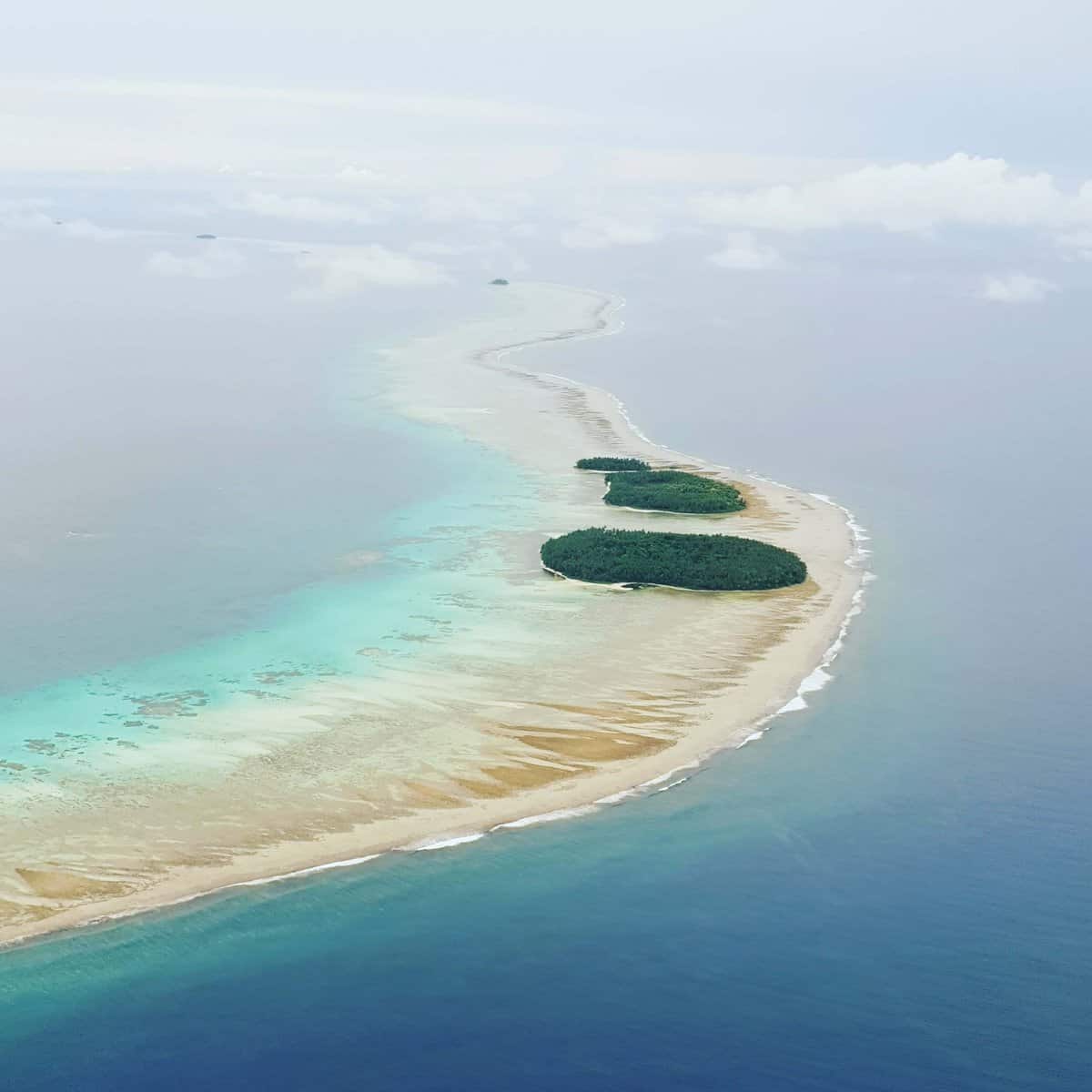Our rally call on our journey to COP28
It rests upon our shoulders to breathe life into our commitment to limit the global temperature increase to 1.5 degrees Celsius. We must not let the 1.5 rallying call be muted, as the moment we let it fade, it is an indication to the world that we have given up. We still have time, and it can still be done.
In 2016, the Paris Agreement entered into force. Its overarching goal is to hold “the increase in the global average temperature to well below 2°C above pre-industrial levels” and pursue efforts “to limit the temperature increase to 1.5°C above pre-industrial levels.”
Science tells us that if we go beyond this 1.5 threshold, it will mean far more severe climate change impacts. For those of us in the Pacific Islands that barely bounce back after one extreme weather event before the next one hits, this will wreck us.
Despite this, and the global commitment to the Paris Agreement, humanity has been careless in its disregard for the scientific warnings.
The Global Annual to Decadal Climate Update issued by the World Meteorological Organization in May this year stated a 66% likelihood that the annual average near-surface global temperature between 2023 and 2027 will be more than 1.5°C above pre-industrial levels for at least one year. This does not mean the world will go beyond the 1.5°C threshold referenced in the Paris Agreement which is long-term warming over many years.
However, the fact that there is such a chance that we will reach this temperature limit so soon, even if temporarily, is an indication that we as a global community must do more, faster. We still have time to make a difference.
This year in the UAE, host of the 28th Conference of the Parties to the UN Framework Convention on Climate Change, our Pacific Islands will continue the fight for our survival by addressing the key thematic areas within the negotiations. All of which impact us directly. Underpinning all these issues is our need to limit global warming to 1.5°C – it is the basis of the Paris Agreement and is crucial to our survival.
The myriad of disasters that have been attributed to climate change felt by many across the world has become all too common. Without urgent global action on climate change, this will become accepted as the norm. While our Pacific Islands are amongst the most vulnerable to the impacts of climate change, the rest of the world is not immune. While we have not caused this problem, we are at the forefront of feeling the impacts.
Despite having smaller delegations and limited resources to effectively cover all Pacific priority thematic areas at the COP—our Leaders, our delegates, our negotiators carry the weight of our Pacific Islands people at the negotiations, we are fortunate to have some strong partnerships. Every word negotiated matters as it reflects the survival and aspirations of our people. And so, the work must continue, for if we are not at the table, we are not heard, and the Pacific are determined to be heard.
We must all do what we can to amplify our call for a 1.5°C world and act upon it to achieve the promise of the Paris Agreement.

Ms Tagaloa Cooper is the Director of Climate Change Resilience of the Secretariat of the Pacific Regional Environment Programme (SPREP) leading the One CROP mechanism which is a collective of Pacific regional organisations that work together to support Pacific Island Parties at the UNFCCC COP’s. SPREP is the lead coordinating agency of One CROP that includes Forum Fisheries Agency, Pacific Islands Forum Secretariat, the Pacific Community, and the University of the South Pacific.
